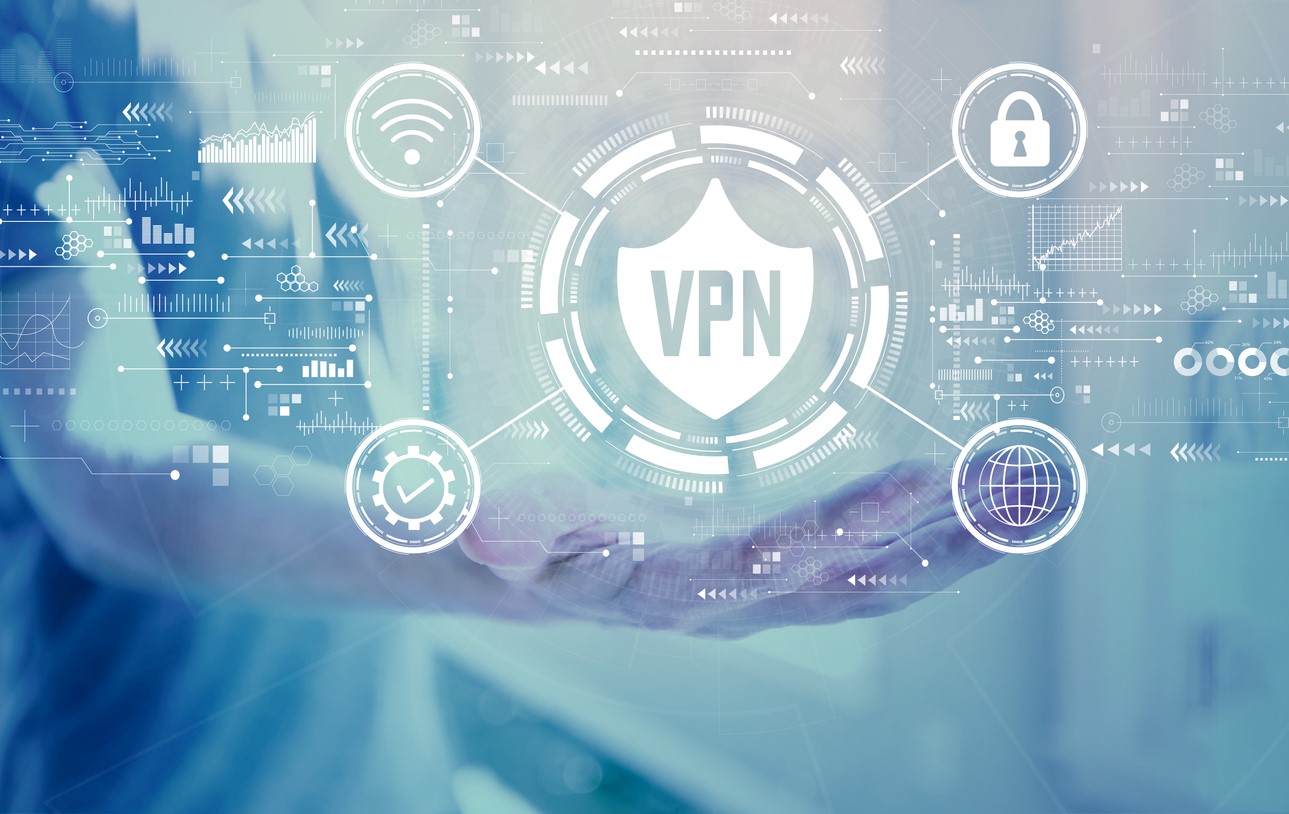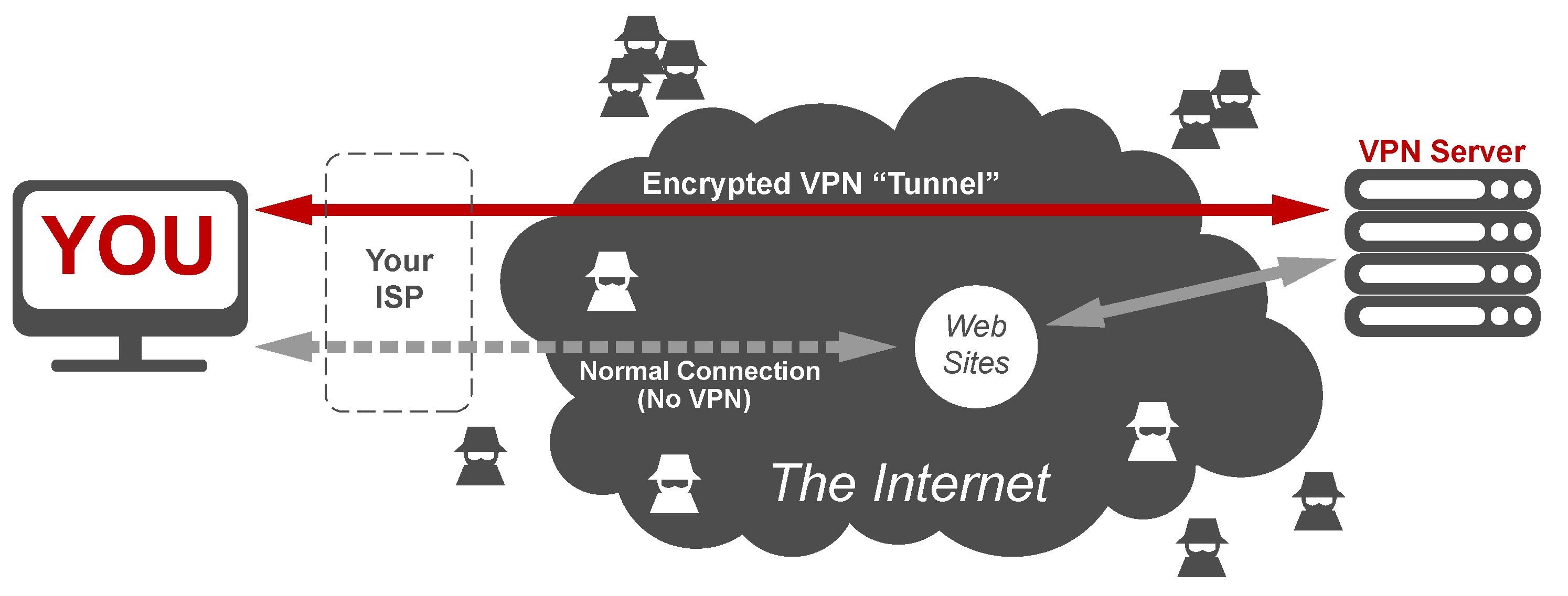A VPN is a great way to keep your network secure
It works by setting up a secure connection between your device and the internet. This makes it much more difficult for hackers to spy on your information. Many people are unaware of the dangers of cybercriminals using public Wi-Fi networks. With a VPN, you can make sure that no one can monitor your activities. By setting up a secure connection, you will be able to keep your network safe.

VPNs have several benefits when it comes to network security. First, they encrypt your network traffic, making it nearly impossible for third parties to monitor your activities on the internet. Secondly, a VPN makes it much easier to control access by allowing you to configure the access policy that suits your needs. Once configured, a VPN can automatically encrypt data before it is made available. Its other benefits reducing the risk of hackers intercepting your data and making your information anonymous.

What is a VPN?
It is a program that creates an encrypted connection between two locations. It works by creating a shared encryption key between the two endpoints. This key is either a password or a key sharing algorithm. With the VPN, all traffic that passes over this connection is encrypted. Typically, data will be encrypted on the client machine, sent to the other endpoint and decrypted there before being forwarded to the destination. This process then occurs in reverse, from the local network to the exit node.
By protecting your data, you can avoid being tracked by fraudsters and thieves. Moreover, a VPN masks your identity so that only authorized users can read it. This is especially useful if you perform online banking or social media transactions. A good VPN will prevent this risk. A strong VPN is essential in protecting your online data from theft. You must choose a VPN service that meets your requirements.
Another benefit of a VPN is anonymity. This helps protect you against fraud and other threats. Your anonymity is important for all stakeholders, including customers, employees, and partners. A good VPN will prevent this type of tracking by halting the activity of preselected programs and shutting down your connection if it detects downtime. A good VPN will also use multiple authentication methods, including prompting you for an extra password or code each time you access your network. Two-factor authentication is particularly useful when you're conducting sensitive transactions online.

A VPN can keep your private information from prying eyes. Hackers can intercept sensitive information on websites. They can even impersonate you to get access to your information. By using a VPN, you can protect yourself and your company from unwanted leakage and theft. Your personal data is encrypted and cannot be seen by others, so it is crucial to protect it. The encryption in a VPN allows your traffic to go through the network anonymously, and is safe from interception.
A VPN has several security features. One of the most popular is the ability to access blocked websites. In some countries, your internet service provider may block certain websites. By using a VPN, you can tunnel to a different country and access blocked websites. Additionally, a good VPN will prompt you to enter a password or code. It makes it difficult for unauthorized third parties to access your secure connection.
A VPN has many uses. For example, you can use a VPN to access a database in a different region. For the sake of security, you should ensure that your internet service provider doesn't access your network through your browser. In addition, a VPN protects your personal information by preventing access from any unauthorized party. It can be used to secure sensitive data and prevent identity theft.
Because of this, you don't have to worry about spying on other people. By using a VPN, you'll have access to the internet anonymously. And your data won't be compromised. Moreover, your IP address will not be exposed to anyone else. This way, your personal data is safe from being tracked. It's also possible to protect your credit card information. That's why a VPN is so important.
Your ISP can monitor your internet activity and sell the information to advertisers. Besides, your ISP can also spy on you. So, your data could be stolen and your identity exposed. But a VPN can protect your data from these kinds of risks. If you are concerned about your privacy, it's worth looking into a VPN. You'll be able to browse anonymously and enjoy all the content that you want.
.png)
For example, if you're connected to public Wi-Fi networks, it's easy for hackers to access your data and log into your computer. That means that a VPN can shield you from these threats and help keep your online privacy secure. It's also a great idea to use a VPN if you're using the internet on public network.
Regardless of whether you're a home user or a professional, your internet connection can be hacked. Your ISP can also sell your browsing history to third parties. This can be very dangerous. Fortunately, VPNs can protect your privacy. It's an invaluable tool for protecting your data. So, if you're on the fence about whether or not you need a VPN, you should consider it now.
BACK TO NEWS